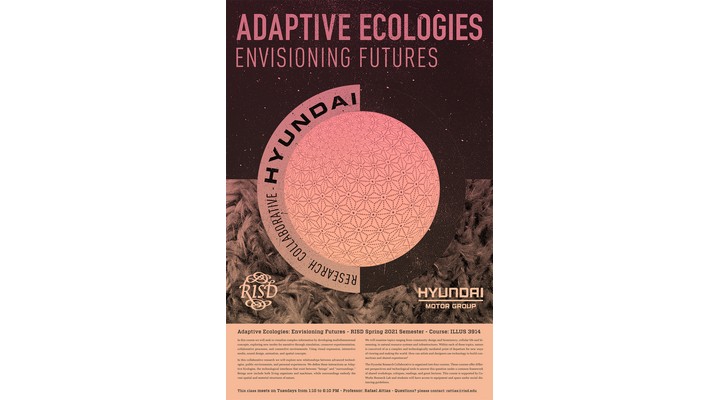Nature has always inspired technology, and there is no denying that all our advancements are shameless mimics of Natural aspects. Nevertheless, “imitation is the best form of flattery,” and copying Nature is all too beneficial for humanity. To achieve a balance between technological advancements and our innate connection to nature, many automobile manufacturers worldwide are researching ways to blend natural processes with technology. Among them is Hyundai Motor Group, which recently announced a research collaboration Rhode Island School of Design (RISD). It explores new relationships between advanced technologies, public environments and personal experiences.
These interactions are defined as “adaptive ecologies”: the technological interfaces that exist between beings (such as living organisms and machines) and their surroundings (the vast spatial and material structures of nature). The joint study examines how artists and designers can use technology to build connections and shared experiences, covering topics ranging from community design and biomimicry, cellular life and biosensing to natural resource systems and infrastructures. Through RISD’s Research & Strategic Partnerships program, the partnership with Hyundai elevates the expertise of faculty and the experimental creativity of students to conceive of future realities.
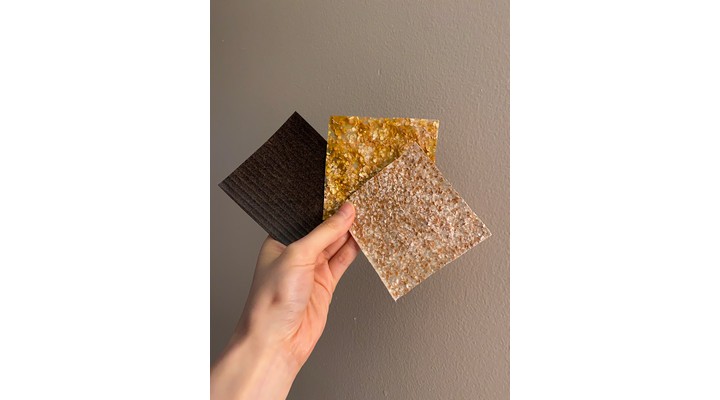
“This collaboration aligns with Hyundai Motor Group’s vision of becoming a future-shaping innovator via open innovation. Last year, we collaborated with RISD to apply the school’s biomimicry solutions to the question of future mobility, and this year, we expanded our scope to the future city and pursued Group-wide collaboration with the participation of both Hyundai Motor and Kia’s global design centers. Our plan is to explore solutions developed from the outcomes of this partnership and apply them to tangible opportunities such as innovative vehicle design and smart city development,” said Dr Youngcho Chi, President and Chief Innovation Officer of Hyundai Motor Group.
This joint research project builds upon the new collaborative research platform created by RISD solely for Hyundai in 2020. In this second year of partnership, five faculty members at the world-renowned design school leveraged their expertise to explore study areas supported by 32 students. Students were selected through a highly competitive process involving 16 departments at RISD. The ten departments ultimately represented in the cohort include Architecture, Global Arts and Cultures, Graphic Design, Illustration, Industrial Design, Interior Architecture, Jewelry + Metalsmithing, Liberal Arts, Painting and Textiles. This year, a Hyundai task force created to support the students’ research included Hyundai Motor and Kia’s global design centres.
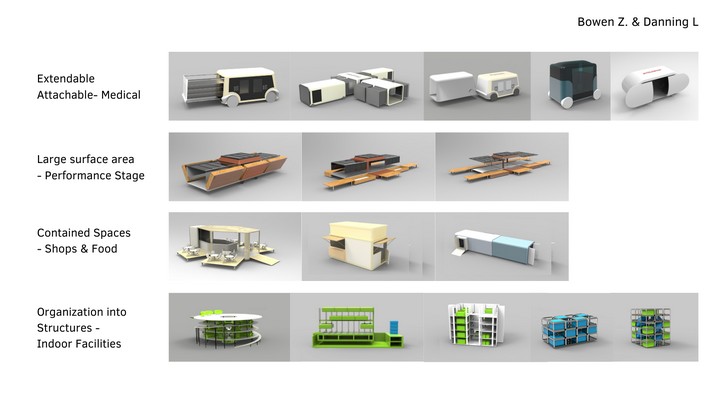
“Studying sustainability and taking responsibility for future generations is now a universal task. To keep a fundamentally new approach from the ground up through the Collaborative Research with RISD, the process of studying nature adapting and surviving changes allows us to draw a new optimal blueprint for our future,” said Mr Sangyup Lee, Senior Vice President and Head of Hyundai & Genesis Global Design Center.
“Cooperating and working with the brilliant staff and students at RISD is not only a mutual inspiration. We hope it can be the beginning of a new way of looking at design in general and integrating the lessons learned from nature in our industrial processes,” said Mr Karim A. Habib, Senior Vice President and Head of Kia Global Design Center.
Offering different perspectives and technological tools, four distinct areas of “adaptive ecologies” were examined: surfaces, societies, futures and textile research.
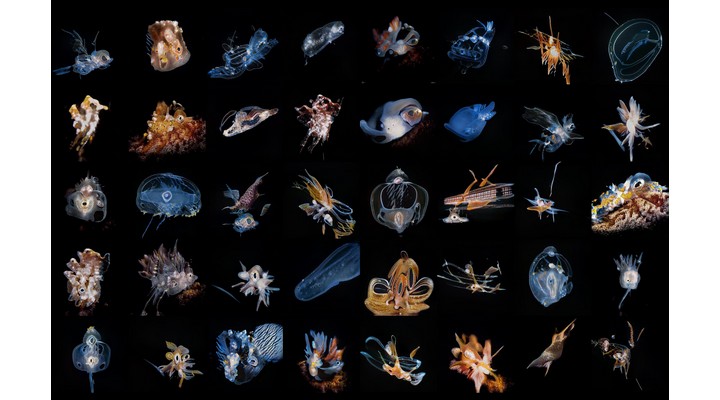
Adaptive Ecologies: Bio-Interactive Surfaces
Faculty lead: Katia Zolotovsky, Digital + Media
This group examined the applications of programmable living cell technology and biosensing. Designs include interactive surfaces to facilitate communication between humans and their surroundings for a healthier and sustainable future. Researchers experimented with various material systems to host biochemical interactions, such as microfluidics, biomaterials and fabrics—interactive surfaces range from responsive textiles to urban displays.
Adaptive Ecologies: Technologies, Natures, Societies
Faculty leads Soojung Ham, Industrial Design and Ryan McCaffery, Architecture.
In studying the reciprocal relationships between natural ecosystems and the infrastructures of our built environments, this group worked with models and scenario-based planning, examining how designs can transform these technologically mediated environments into new experiences and forms of social value.
Adaptive Ecologies: Envisioning Futures
Faculty lead: Rafael Attias, Illustration
This group explored how to visualise complex information by developing multidimensional concepts, exploring new modes for narrative through simulation, crossover experimentation, collaborative processes and connective environments. Student researchers used the visual expression, interactive media, sound, animation and spatial concepts.
Adaptive Ecologies: Fabric Connections
Faculty lead: Joy Ko, Textiles
This study is a personal, critical exploration of the interactions between information technology and aspects of everyday life: our bodies, the textiles in which we envelop ourselves, communities in physical and networked mediated space. This group looked at analysing and understanding human behaviour through tracking, sensing and mapping tools to guide the generation of “fabric” in its broadest sense ranging from textiles that empower personal data to community design in virtual reality.
At RISD’s Edna W. Lawrence Nature Lab, staff worked with Hyundai and RISD faculty and students on design topics, including biomimicry, biomaterials, and biosystems applications. Additional support in research activities came from Co-Works, RISD’s interdisciplinary research lab focused on emerging technologies.
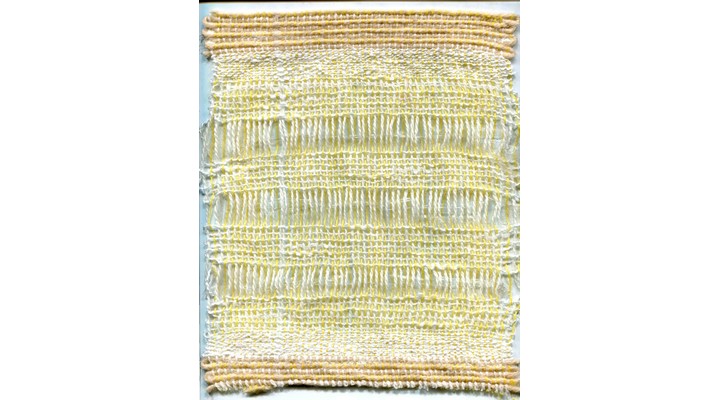
This summer, 18 researchers who have previously participated in the Hyundai Research Collaborative will spend eight weeks of intensive, continued activity on expanding Future of Cities research from spring 2021 through collaboration with the design team at Hyundai Motor and Kia. An exhibition is tentatively planned for fall 2021 to share the results of these collaborations.



